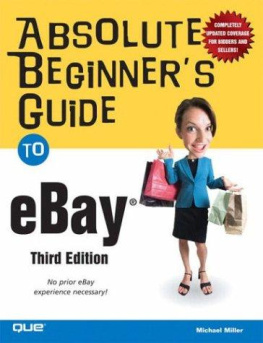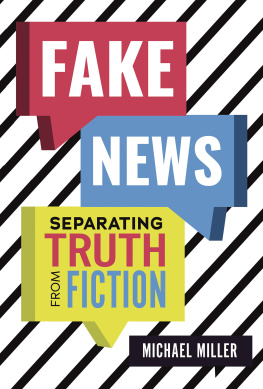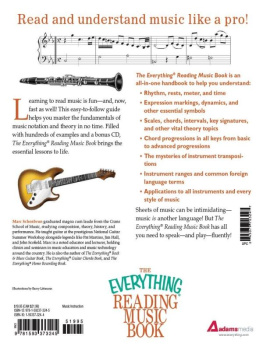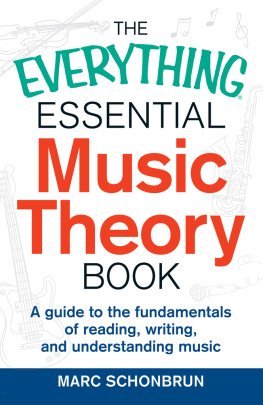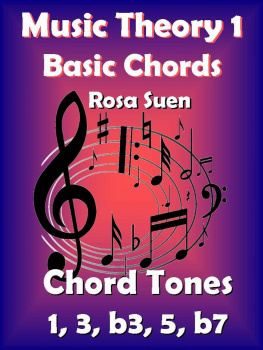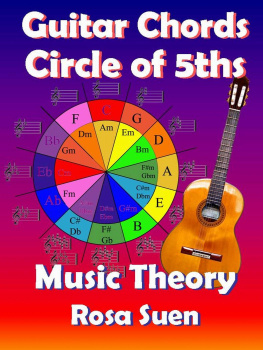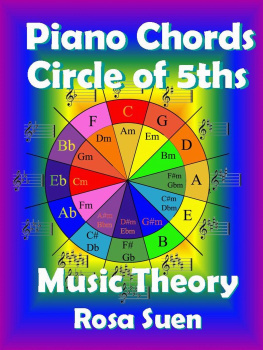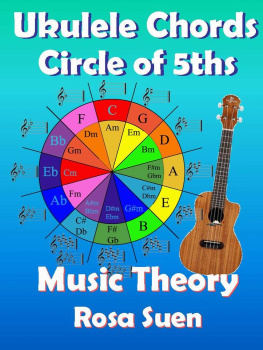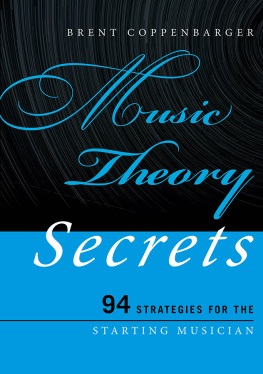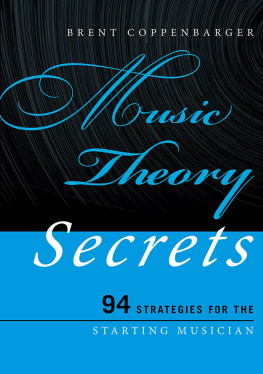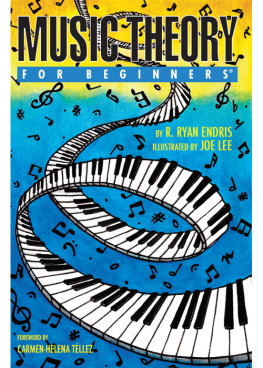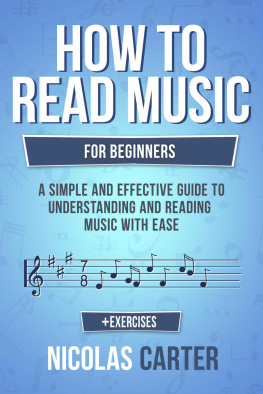Contents
Guide

Publisher: Mike Sanders
Associate Publisher: Billy Fields
Acquisitions Editor: Lori Cates Hand
Development Editor: Phil Kitchel
Cover Designer: Lindsay Dobbs
Book Designer: William Thomas
Compositor: Ayanna Lacey
Proofreader: Lisa Starnes
Indexer: Tonya Heard
PRODUCTION, LONDON
Digital Producer: Alex Valizadeh
Senior Digital Producer: Miguel Cunha
DIGITAL OPERATIONS, DELHI
Head of Digital Operations: Manjari Hooda
Producer: Rahul Kumar
Assistant Editor: Etika Kapil
Operations Assistant: Tauhid Nasir
Third American Edition, 2016
Published in the United States by DK Publishing
6081 E. 82nd Street, Indianapolis, Indiana 46250
Copyright 2016 Dorling Kindersley Limited
A Penguin Random House Company
16 17 18 19 10 9 8 7 6 5 4 3 2 1
003-292193-JULY2016
All rights reserved.
Without limiting the rights under the copyright reserved above, no part of this publication may be reproduced, stored in or introduced into a retrieval system, or transmitted, in any form, or by any means (electronic, mechanical, photocopying, recording, or otherwise), without the prior written permission of the copyright owner.
Published in the United States by Dorling Kindersley Limited.
IDIOTS GUIDES and Design are trademarks of Penguin Random House LLC
ISBN: 9781465451675
Library of Congress Catalog Card Number: 2015956733
This digital edition published 2016
eISBN: 9781465454102
Note: This publication contains the opinions and ideas of its author(s). It is intended to provide helpful and informative material on the subject matter covered. It is sold with the understanding that the author(s) and publisher are not engaged in rendering professional services in the book. If the reader requires personal assistance or advice, a competent professional should be consulted. The author(s) and publisher specifically disclaim any responsibility for any liability, loss, or risk, personal or otherwise, which is incurred as a consequence, directly or indirectly, of the use and application of any of the contents of this book.
Trademarks: All terms mentioned in this book that are known to be or are suspected of being trademarks or service marks have been appropriately capitalized. Alpha Books, DK, and Penguin Random House LLC cannot attest to the accuracy of this information. Use of a term in this book should not be regarded as affecting the validity of any trademark or service mark.
DK books are available at special discounts when purchased in bulk for sales promotions, premiums, fund-raising, or educational use. For details, contact: DK Publishing Special Markets, 345 Hudson Street, New York, New York 10014 or .
idiotsguides.com
Introduction
Back when I was in high school and college (a long time ago, and getting longer every day), many, if not most, of my fellow students regarded music theory as only slightly more fun than listening to paint dry. I didnt share that opinion, and still dont; I think music theory is interesting and fun and an essential part of any serious music education.
Still, if all you live for is to play your instrument (or to sing) 24 hours a day, taking time out from practicing to move a bunch of notes around on paper might not be tremendously appealing. In fact, I believe introductory-level music theory classes are the second most-skipped classes in college music schools, with only music history classes being less well received. (Some enterprising soul is bound to combine the two classes into a Theory of Music Historyor History of Music Theorycourse, thus creating new levels of student apathy.)
Im not sure why so many budding musicians are so down on theory. Maybe its because of the way its presented. (Lets face it: Some instructors can be fairly boring when they present this material, and most music textbooks are stultifyingly dull.) Maybe its because of the way music theory resembles sentence diagramming and other dreary grammar-related stuff. I dont know; maybe to some people, it just seems like a lot of work.
But the fact remains: every musician needs to know some music theory. Thats a bold statement, and one that you might take issue with. After all, youve gotten this far in your music studies without knowing theorywhy do you need to start studying theory now?
Music Theory Is Important
Most musicians, if they want to communicate with other musiciansto play in a band, or teach them their songshave to know at least the basics about how music works. These basicsnotes, chords, and so onare what we call music theory.
Notes and chords are the building blocks of the language of music. Music theory defines the many different ways you can arrange those blocks into songs and compositions. Without the theory, all you have is noise; applying music theory, you can create great works of art.
Musicians apply music theory every time they sit down to play or singwhether they know it or not. When you read a piece of music, youre using music theory. When you write down a series of notes, youre using music theory. When you play a chord, youre using music theory. When you sing a harmony line, youre using music theory.
Even musicians who dont have any formal training use music theory. When they put their hands on the piano, they might not know that theyre playing a major ninth chord with the fourth in the bass, but they do know that those notes fit together well, even if they cant tell you why, or the strict chord construction.
Now, if they did have formal training, they could go beyond just playing the notes to sharing those notes with others. Instead of pointing at their fingers and saying play this, they could actually write their notes and chords down on paper, in a format universally understood by musicians the world over. After all, its a lot easier to tell someone to play a CM9/F chord than it is to say put your first finger here, and your second finger here, and so on.
The knowledge of how different notes work together also helps you expand on the simple melodies youre currently playing. When you know theory, you know how to accompany a melody with chords and how to voice those chords so that they sound good to your ears. You also can learn how to turn that simple melody into a full-blown arrangement for groups of voices and instruments, and how to create your own melodies and compositions.
Without a knowledge of basic music theory, you wont be able to fully express your musical ideas; nor will you be able to share those ideas with others.
Music Theory Is Useful
Of course, it isnt just professional musicians who need to know theory. Even if youre just playing music or singing for your own personal enjoyment, a knowledge of theory will help you better appreciate it.
Heres an example: lets say youre helping out at your daughters school and someone, knowing that youre a musician, asks you to work up an arrangement of Mary Had a Little Lamb for the upcoming school pageant. There are two girls and one boy in the class who sing pretty well, and another boy who knows how to play trumpet. Youll accompany them on guitar.

![Michael Miller Idiots Guides: Music Theory, Third Edition [Book]](/uploads/posts/book/161692/thumbs/michael-miller-idiot-s-guides-music-theory.jpg)
